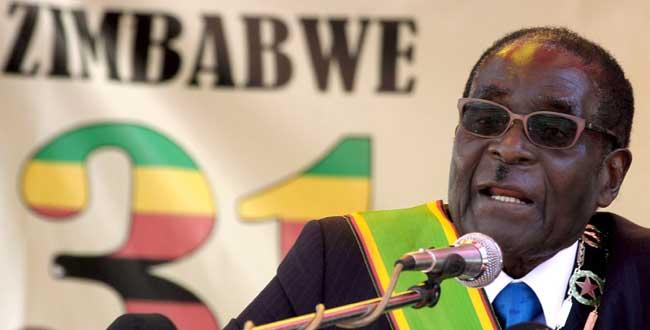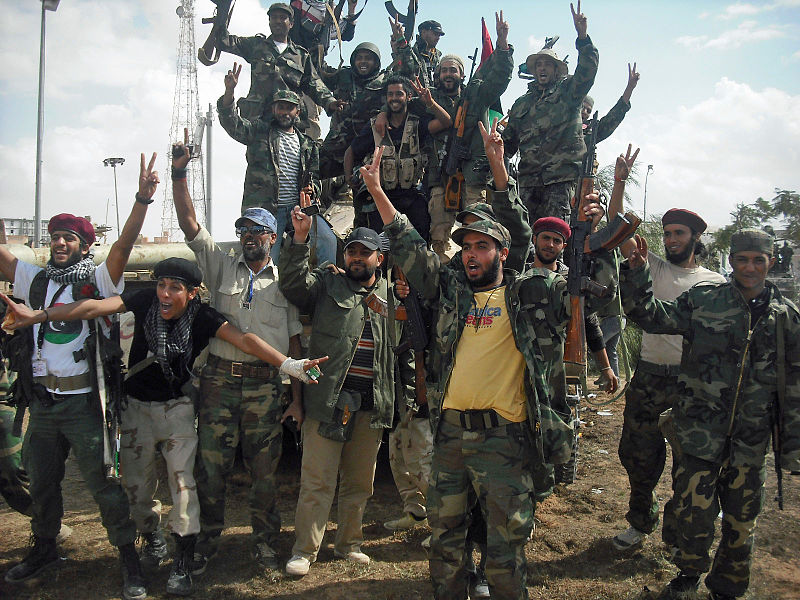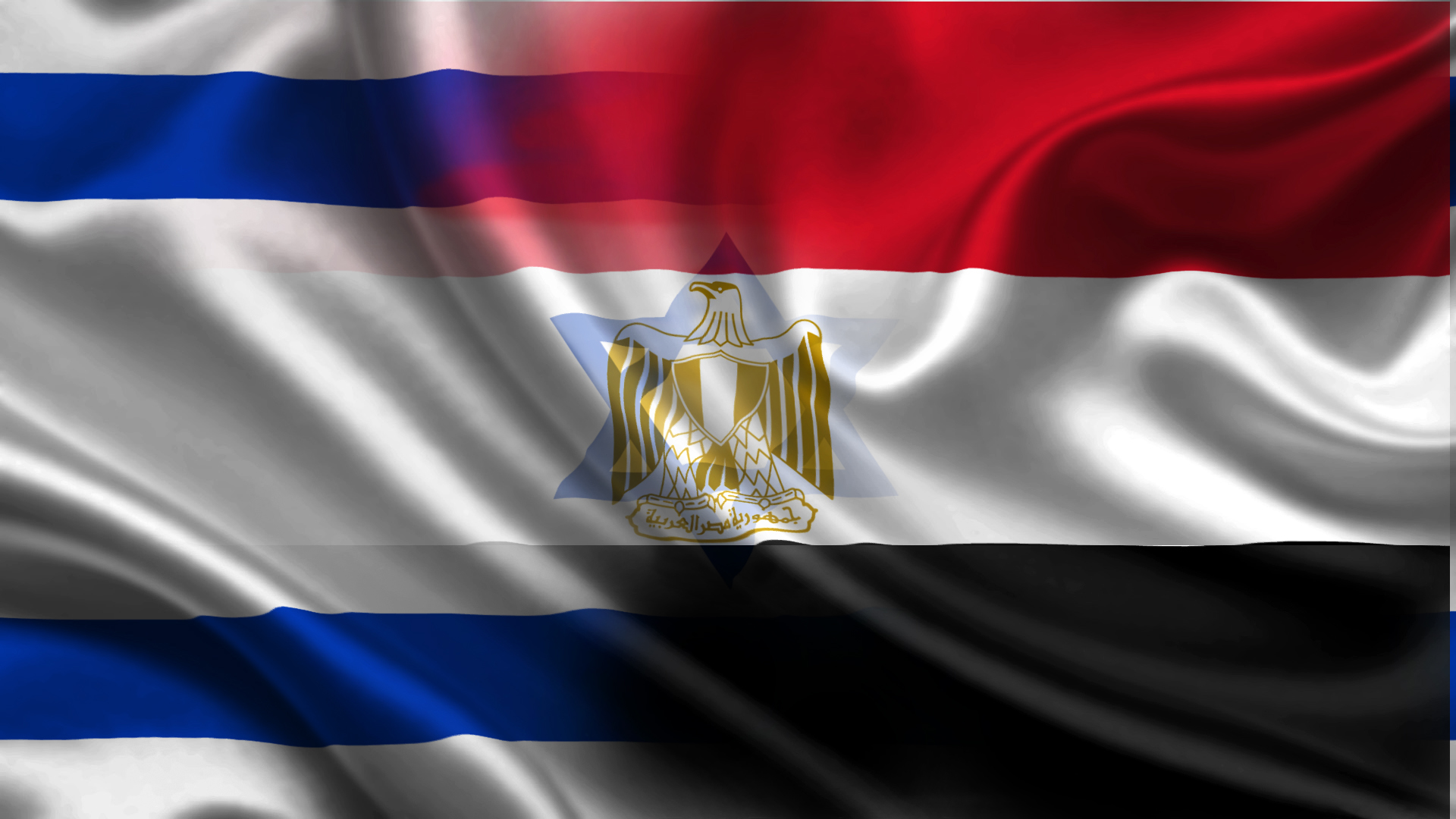President Obama’s whirlwind tour of Sub-Saharan Africa last month touted the importance of improving democratic institutions in the region. The first formidable test to that ideal is fast approaching with Zimbabwean President Robert Mugabe’s call for a new presidential election to take place on July 31st of this year.
This is the first federal election in the country since the controversial and notably violent federal election in 2008. The call for an election has been met with a number of criticisms from human rights groups and policy makers alike, who claim that the election has the possibility of sparking the same violence seen in 2008. There are fears that it may even lead to civil war.
Challenges Ahead
The context in which this election will be taking place is marked by two significant factors: the events that took place during the 2008 election and the measures proposed by the South African Development Community (SADC) designed to prevent similar upheaval from occurring.
[captionpix align=”left” theme=”elegant” width=”300″ imgsrc=”http://natoassociation.ca/wp-content/uploads/2013/07/ZumaSadcSummitMozambique.jpg” captiontext=”Robert Mugabe and South African President Jacob Zuma at SADC summit.”]
Zimbabwe is far from a democratic country, with Robert Mugabe’s Zimbabwe African National Union Patriotic Front (ZANU-PF) party controlling the country’s electoral systems, security forces, and state media. Control over these institutions has enabled him to solidify his hold over the country over the course of his 30 year reign, and is both the cause of anxiety among election observers and the primary element which the SADC says needs to be reformed before these new elections take place.
In March 2008, ZANU-PF ran against the Movement for Democratic Change (MDC), and then again in a run-off election in June. Prior to the run-off, there had been a massive spike in attacks from state security forces and ZANU-PF-allied militia against MDC supporters, meant to intimidate them. These attacks included arbitrary raids by police on the MDC headquarters, hundreds of instances of terror tactics inflicted against activists and journalists, and the establishment of “torture camps” in MDC-dominated areas. Mugabe ended up winning the run-off election, a result that was largely disputed by other African leaders. Violence only subsided after the SADC brokered a power sharing agreement between ZANU-PF and MDC to run the country.
With this violence in mind, which saw the movement of hundreds of thousands of refugees into South Africa, the SADC has since proposed major reforms to Zimbabwe’s government systems. At a summit in Mozambique last month, these proposals were formally introduced. They included amendments to the country’s Electoral Act to allow for greater fairness, the appointment of a committee to implement new laws concerning media control, and a call for all security forces to publicly state their commitment to the rule of law and the constitution. None of these reforms have been enacted, and now with an election planned for only a few weeks away, have little chance of making any difference.
Outcomes and Solutions
Unfortunately, these deeply troubling elements of collusion between the armed forces and Mugabe’s party, as well as his control over the state media, are alive and well today. The chief of staff of the national army has been quoted as saying that the military will not allow a new candidate to assume office unless they share Mugabe’s “ZANU-PF ideals”. The leader of the MDC, Morgan Tsvangirai, has been quoted as saying that the election is a matter of “removing a dictator with democratic means”, an ominous indication of the difficulties he and his party will be facing.
The implications of further violence with the election are stark, and concern not just the citizens of Zimbabwe, but also the SADC and the United States as well. Should the MDC win the election, there is a possibility that Mugabe-allied factions in the military will follow through with their threat of barring Tsvangirai from taking office and seize power themselves. Non-Mugabe factions may then retaliate, launching the country into a new state of unrest.
Alongside this more immediate problem, there is also the issue of precedence. If Zimbabwe chooses to simply ignore the proposals of the SADC, despite itself being a member, then the effectiveness of the organization in development and democracy promotion will be called into question. It will have failed, and Zimbabwe will have made little to no progress in the five years since its last election.
Finally, this is all seen within the backdrop of Obama’s public visit to the continent, which included South Africa, in which he specifically promoted democracy-building in Africa as a precept of American foreign policy. An election plagued with violence and corruption only a month after his visit will reflect poorly on the United States, and cast doubt on how much influence it really has in pressuring African nations to improve the democratic institutions of both themselves and the nations around them.
It will be up to SADC, foreign observers, and the United States to prevent a resurgence of violence with the elections. The only real solution is to push the elections back. President Zuma of South Africa has threatened to impose sanctions on Zimbabwe if the elections are not pushed back, and this threat should be made clear to Mugabe and ZANU-PF. Additionally, it will take a large force of international observers to situate themselves in the country during the elections to ensure due process and expose abuses. Due to Obama’s persistent popularity in South Africa, the region’s largest player, the United States has a chance to use its influence to help pressure Zuma and SADC, the only two bodies that have a chance of swaying Mugabe into more aggressive measures.




